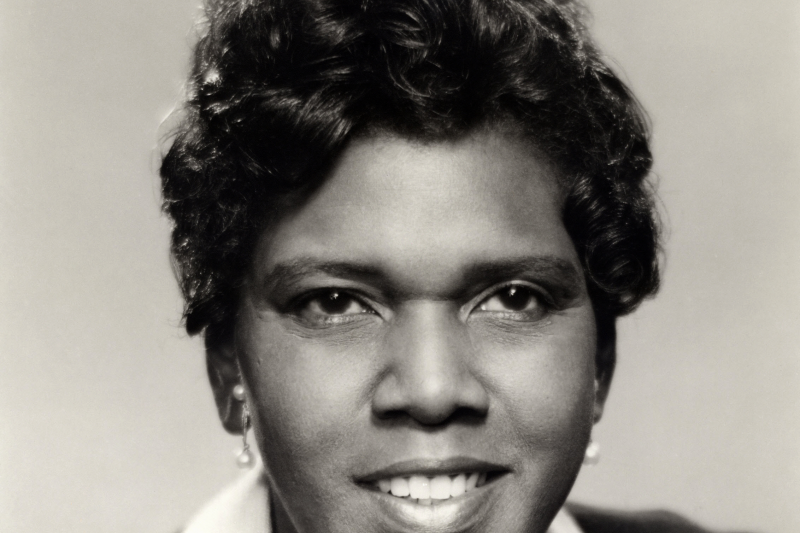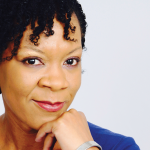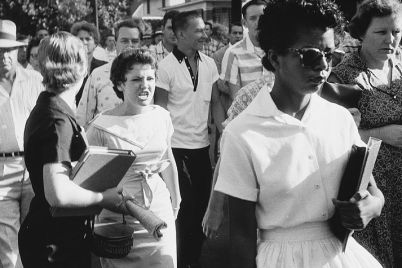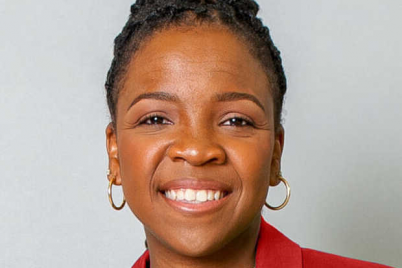Barbara Jordan was the first African-American elected to the Texas Senate after Reconstruction and the first Southern African-American woman elected to the United States House of Representatives.
BY KEISHA BELL | Visionary Brief
When you think of the “black community,” what initial images come to mind? Do you think problems, poverty, and pain? Do you see its people as inferior, ignorant, and incapable? Do you envision its future as hopeless, helpless, and habitual?
Although a factually heterogeneous community, its depiction often neglects its balanced portrayal. As a result, progress for “the community” as a whole is impeded by “it has always been this way” attitudes. Such a landscape creates a condition primed for plantation politics.
It is easy for individuals, particularly politicians, to say that they want to help “the black community” while failing to acknowledge the diversity of which it involves. It sounds nice. It is easy to say, especially when “no help” equals “no consequence.”
The simple recitation of such desire has proven to be sufficient in times past. Yet, limiting the black community’s definition to “it has always been this way,” attitudes and discussions negate providing assistance to those traveling with the “conductor.” Crossing the Mason-Dixon Line does not magically dissolve injustices done to black people. Those who have taken the trip understand this.
At the Democratic Convention in 1976, keynote speaker and Congresswoman Barbara Jordan asked the question: “Are we to be one people bound together by common spirit, sharing in a common endeavor, or will we become a divided nation?”
Forty-one years later, her question remains pertinent. Will we, the people of the United States of America, be a national community or a collection of interest groups?
Oftentimes, black candidates, elected officials and leaders avoid overt discussions on race—especially when speaking to intercultural audiences. Arguably, whites in similar positions have more leeway, albeit within limits.
This may help to explain the frequent “leadership” silence when racial injustices occur within your city, state, and nation. Contrarily, during election cycles, economic, educational, and criminal injustices may receive acknowledgments if the black voting block is deemed necessary.
For generations, political appeals have played on the fears of black people that this country is racist. Still, black people are expected to maintain a belief that hope is to be found within political parties and “community” leadership that lack the equitable inclusion of the diversity of black people within its messaging and decision-making positions.
Not to be ignored, political appeals have also played on the fears of white people that black people, in general, are all things negative. While many are distracted by these portrayals, few ask, “Who benefits from playing on the psyches of black and non-black people in this way?” Arguably, there are gains—-financial gains—-for some somewhere.
Be mindful of internalized messages said about you, your community, others, and theirs. Historically, not every white person wanted black people enslaved, and not every black person wanted black people freed. This truth remains. Plantation politics continue.












